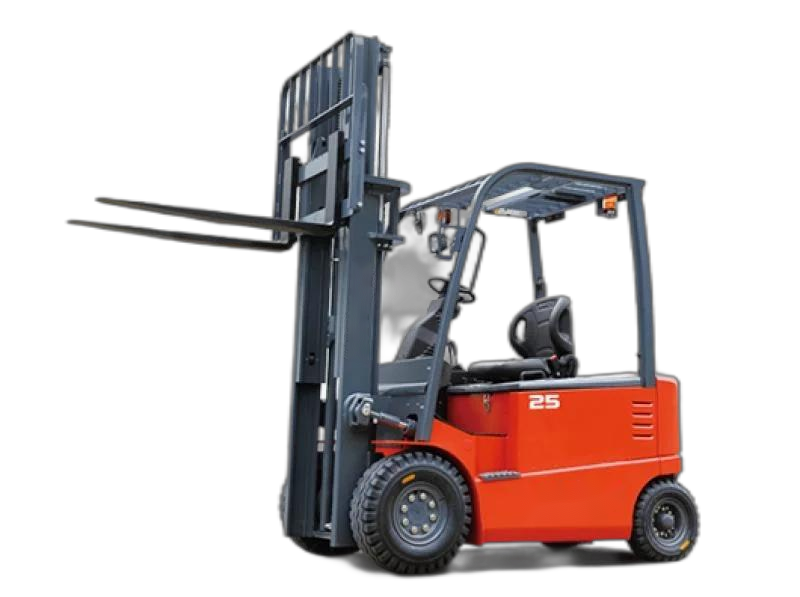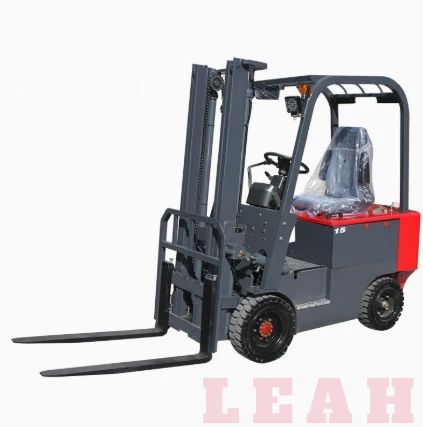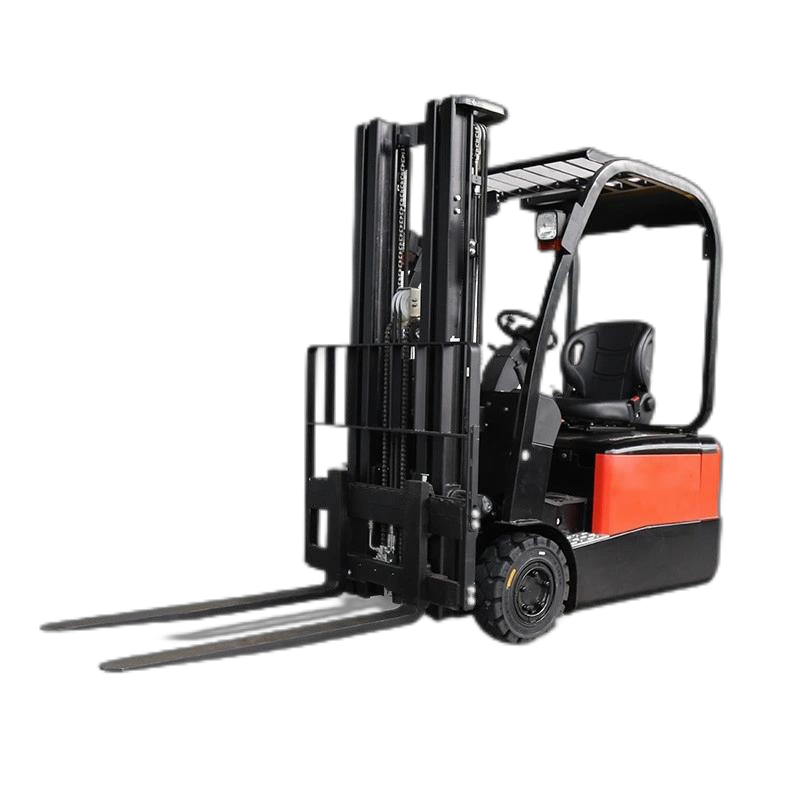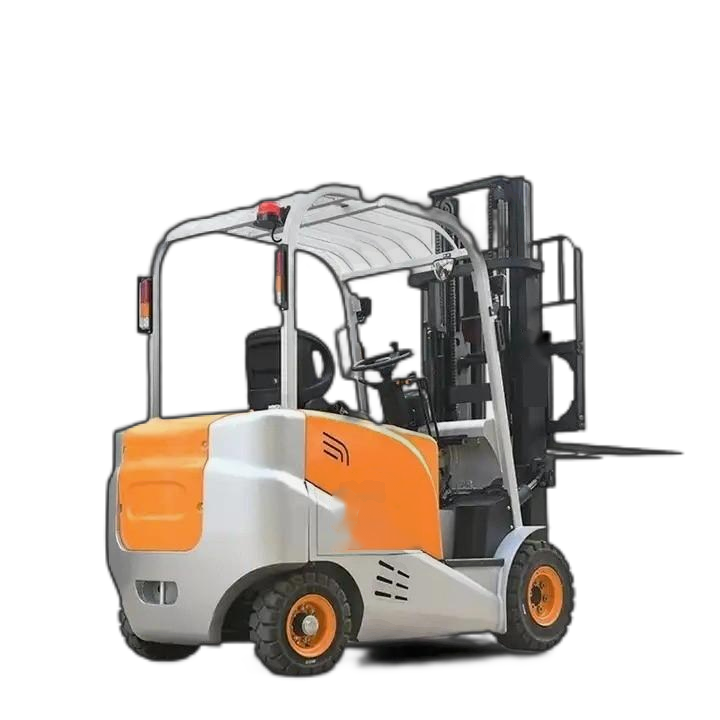Cargo Weight and Dimensions
Cargo Weight: This is the most crucial factor. If most of the goods handled daily weigh less than 1 ton, with occasional cases approaching 1 ton, then a 1-ton electric forklift can basically meet the requirements. However, if the weight of the goods often ranges between 1 and 2 tons, or there are many goods weighing more than 1 ton, in order to ensure the safe and efficient operation of the forklift and avoid damage to the forklift caused by long-term overloading, a 2-ton electric forklift should be selected.

Cargo Dimensions: Larger-sized goods may require a larger fork spacing and bearing area for stable handling. The forks of a 2-ton electric forklift are usually wider and longer than those of a 1-ton forklift, which can better support large-sized goods. If the goods are large in size and their weight is close to 1 ton, a 2-ton electric forklift can also be considered to ensure the stability and safety of cargo handling.
Operating Environment
Space Size: A 1-ton electric forklift usually has a smaller volume and a smaller turning radius, making it more suitable for operating in narrow spaces, such as small warehouses or places with narrow workshop passages. On the other hand, due to its larger self-weight and size, a 2-ton electric forklift requires a larger operating space for turning, reversing, and loading and unloading goods. If the operating site has a spacious space, such as the open area of a large logistics center, the operation of a 2-ton electric forklift will not be too restricted.
Ground Conditions: A 2-ton electric forklift has a relatively large self-weight and requires a higher ground bearing capacity. If the ground of the operating site is an ordinary cement ground and has been in use for a long time with general ground conditions, it may be difficult to bear the long-term and frequent driving and operation of a 2-ton electric forklift. In this case, it is more appropriate to choose a 1-ton electric forklift. If the ground has been specially treated and has a strong bearing capacity, such as the ground of a newly built high-standard logistics warehouse, a 2-ton electric forklift can be considered.
Operating Efficiency
Handling Speed: Generally, the motor power of a 2-ton electric forklift is larger than that of a 1-ton electric forklift, and it may have a faster driving speed and cargo lifting speed. If there is a high requirement for the cargo handling efficiency and a large amount of cargo needs to be handled in a short time, a 2-ton electric forklift can more quickly travel back and forth between the loading and unloading points and the storage area, improving the overall operating efficiency.
Charging Frequency: Since the battery capacity of a 2-ton electric forklift is relatively large, the continuous working time after a single charge is usually longer than that of a 1-ton electric forklift. If you do not want to be interrupted by frequent charging during the operation process, a 2-ton electric forklift will be a better choice. However, the charging time of a 2-ton electric forklift is also relatively long, and it needs to be reasonably considered according to the actual operation time arrangement.
Cost Factors
Purchase Cost: Generally speaking, the price of a 2-ton electric forklift is much higher than that of a 1-ton electric forklift. If the budget is limited and a 1-ton electric forklift can meet the basic operating requirements, choosing a 1-ton electric forklift can reduce the purchase cost.
Usage Cost: The power consumption of a 2-ton electric forklift is relatively large, which will increase a certain amount of electricity cost in the long run. However, considering that the operating efficiency of a 2-ton electric forklift is higher and it can complete more work within a unit of time, it is necessary to make a comprehensive trade-off from the perspective of the overall operation cost. In addition, the maintenance cost of a 2-ton electric forklift may also be slightly higher, because its structure is more complex, and the size and weight of its components are larger, which may require more manpower and materials for maintenance and replacement.
Operators' Skills and Experience
Experienced Operators: For experienced forklift operators, there may not be too many problems in operating a 2-ton electric forklift. They can proficiently master the performance and operation skills of the forklift and can safely and efficiently complete the operation under different working conditions. If an enterprise has such operators and the operating requirements are suitable for a 2-ton electric forklift, then a 2-ton model can be considered.
Novice Operators: If the operators are novices, or the enterprise often needs to change operators, then a 1-ton electric forklift is relatively easier to operate and control. Its smaller body and lighter load-bearing capacity cause relatively less harm in case of operation errors, making it more suitable for novice operators to quickly get started and accumulate experience.







